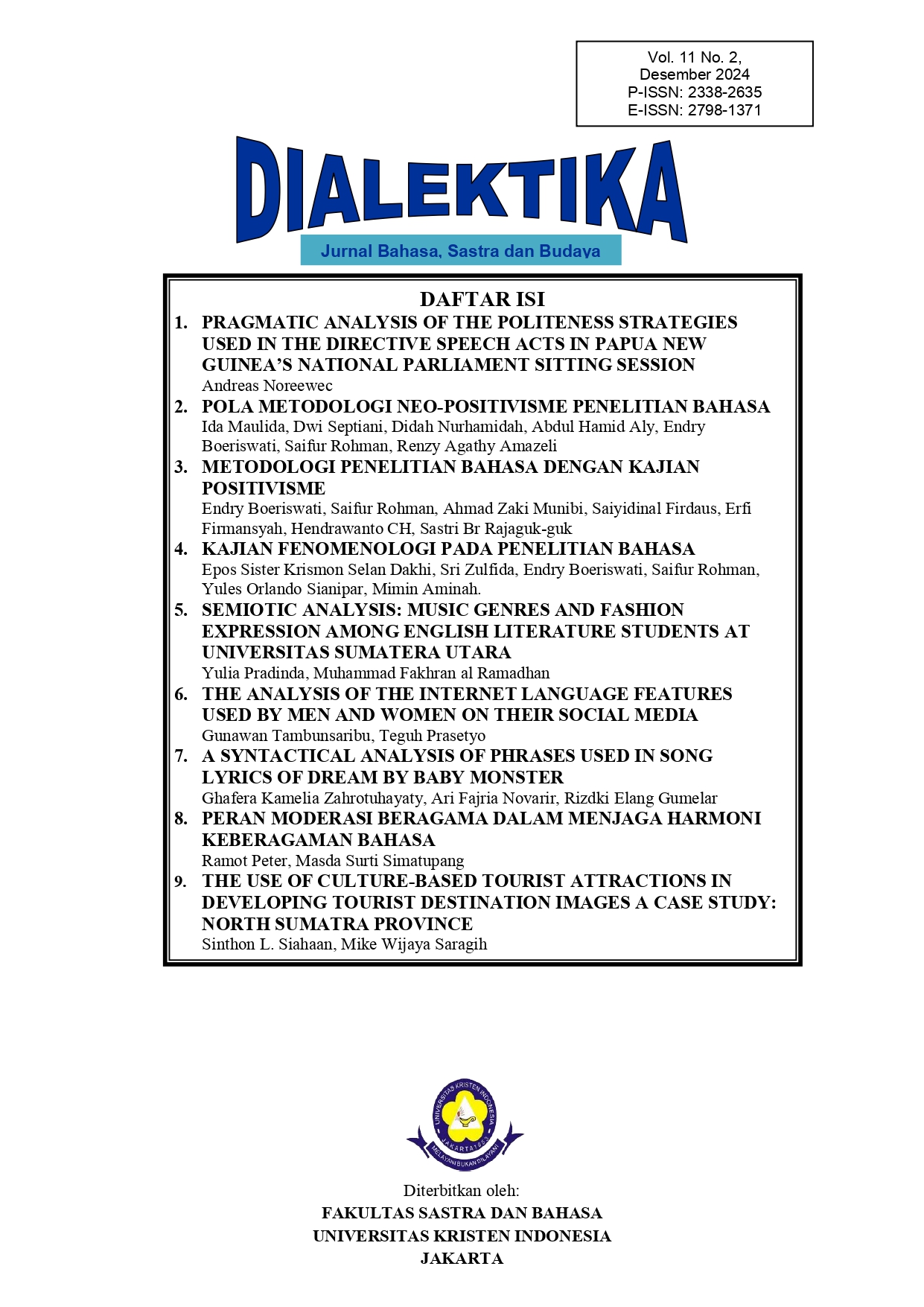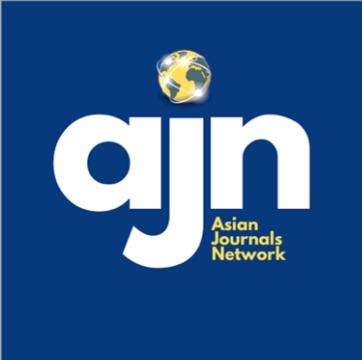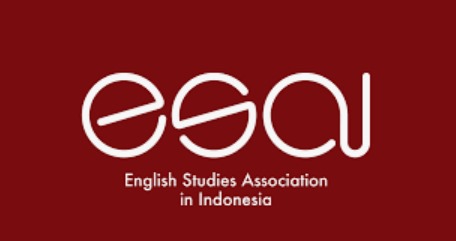Pragmatic PRAGMATIC ANALYSIS OF THE POLITENESS STRATEGIES USED IN THE DIRECTIVE SPEECH ACTS IN PAPUA NEW GUINEA’S NATIONAL PARLIAMENT SITTING SESSION ON MAY 30TH 2024
DOI:
https://doi.org/10.33541/dia.v11i2.6082Keywords:
Politeness strategies, Directive speech acts, Papua New Guinea National ParliamentAbstract
Abstract
This study presents a pragmatic analysis of the politeness strategies employed in directive speech acts during the Papua New Guinea National Parliament sitting session on May 30th, 2024. Utilizing Brown and Levinson's politeness theory as the analytical framework, the research examines how members of parliament navigate face-threatening acts through linguistic strategies to maintain social harmony and achieve political goals. Data for the study were collected from the official parliamentary transcripts, focusing on instances of directives such as requests, commands, and suggestions. The analysis reveals a predominance of negative politeness strategies, reflecting a high sensitivity to hierarchical structures and the desire to mitigate imposition. Additionally, the study identifies contextual factors, such as the socio-political environment and cultural norms, influencing the choice of politeness strategies. The findings contribute to a deeper understanding of the intersection between language, power, and culture in parliamentary discourse, offering insights into the pragmatic dynamics of political communication in Papua New Guinea. This research underscores the importance of context in the pragmatic realization of politeness and highlights the role of language in shaping political interactions within legislative settings.
Keywords: Politeness strategies, Directive speech acts, Papua New Guinea National Parliament
References
Bayley, P. (2004). The whys and wherefores of analyzing parliamentary discourse. CrossCultural Perspectives on Parliamentary Discourse Approaches to Politics, Society and Culture, 1–44. https://doi.org/10.1075/dapsac.10.01bay
Bousfield, D. (2008). Impoliteness in interaction. John Benjamins Publishing Company.
Brown, P., & Levinson, S. C. (1987). Politeness: Some Universals in Language Usage. Cambridge University Press.
Bull, P., & Wells, P. (2012). Adversarial discourse in Prime Minister's Questions. Journal of Language and Social Psychology, 30–48.
Culpeper, J. (1996). "Towards an Anatomy of Impoliteness". Journal of Pragmatics, 25(3), 349-367.
Denzin, N. K., & Lincoln, Y. S. (Eds.). (2018). The Sage Handbook of Qualitative Research. Sage.
Dinnen S (2004) Building Bridges Law and Justice Reform in Papua New Guinea. Discussion Paper 02/2. State, Society and Governance in Melanesia Project (SSGM). Canberra: Research School of Pacific and Asian Studies, Australian National University
Emerson, R. M., Fretz, R. I., & Shaw, L. L. (2011). Writing Ethnographic Fieldnotes. University of Chicago Press.
EMTV Online. (2024, May 30). Papua New Guinea parliamentary session highlights [Video]. YouTube. https://www.youtube.com/watch?v=RFwcAYFu-5U
Gee, J. P. (2014). An Introduction to Discourse Analysis: Theory and Method. Routledge.
Harris, S. (2001). Being politically impolite: Extending politeness theory to adversarial political discourse. Discourse & Society, 12(4), 451-472. https://doi.org/10.1177/0957926501012004003
Holmes, J. (2013). An Introduction to Sociolinguistics. Routledge.
Holmes, J. (1995). Women, Men and Politeness. Longman.
Ilie, C. (2010). Strategic uses of parliamentary forms of address: The case of the U.K. Parliament and the Swedish Riksdag. Journal of Pragmatics, 42(4), 885-911.
Limberg, H. (2009). Impoliteness and threat responses. Journal of Pragmatics, 41(7), 1376- 1394. https://doi.org/10.1016/j.pragma.2009.03.007
Márquez Reiter, R. (2000). Linguistic politeness in Britain and Uruguay: A contrastive study of requests and apologies. John Benjamins Publishing.
Mills, S. (2003). Gender and Politeness. Cambridge University Press.
Narokobi B (1983) The Melanesian Way. Boroko, PNG: Institute of Papua New Guinea Studies; Suva, Fiji: Institute of Pacific Studies.
Searle, J. R. (1976). A classification of Illocutionary Acts. Language in Society, 5(1), 1-23.
Standish, B. (1993). Papua New Guinea in 1992: Challenges for the state. Asian Survey, 33(2), 211-217.
Watts, R. J. (2003). Politeness. Cambridge University Press.













.jpg)





